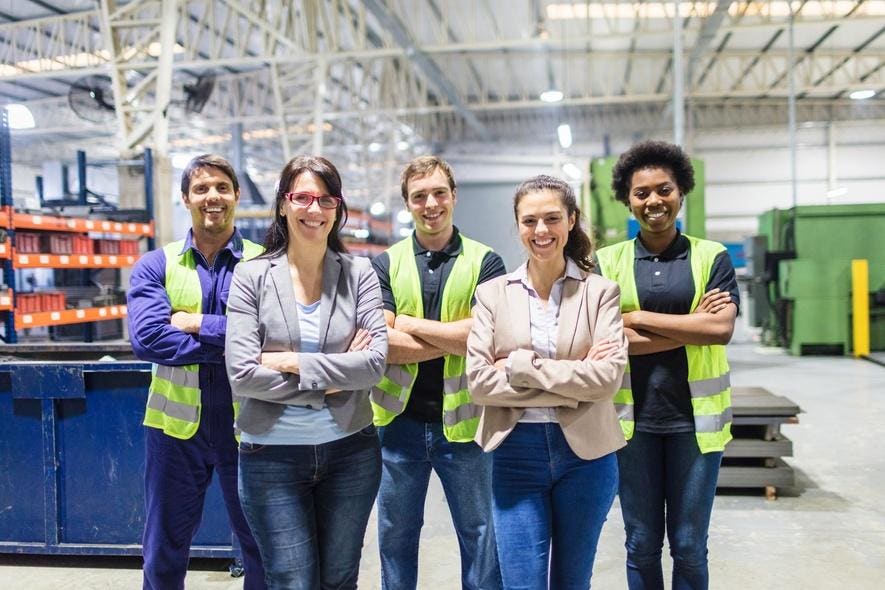The interest in employee ownership and Employee Stock Ownership Plans (ESOPs) has been on the rise, with significant developments in recent years. The National Center for Employee Ownership estimated that there were 6,533 ESOPs in 2021, with 14.7 million participating employees. This represents a 1% increase in ESOPs and a 3.7% increase in participating employees over the past five years. The surge in interest can be attributed to several factors contributing to the upswing in employee ownership interest.
It is important to note the distinction between employee ownership and ESOPs. Employee ownership refers to broad-based employee participation in the equity growth of the business where they work, while an ESOP is a specific type of employee ownership plan. Private equity giants like Blackstone and KKR have been sharing broad-based participation in equity growth with workers in their portfolio companies, although they are not forming ESOPs. This has led to skepticism among some employees, who fear that private equity firms are only boosting employee productivity for their own gain.
Despite concerns, the sharing of equity growth with employees at portfolio companies has been seen as a major win. A recent analysis found that employment at retail companies acquired by private equity firms fell by 12% over five years, highlighting the potential impact on job security. However, any meaningful sharing of equity growth is beneficial for employees and should be applauded, as it can transform lives and communities. The positive effects of employee ownership on employee retention, wealth, income, and retirement savings have been well-documented.
Factors contributing to the rise in employee participation in ESOPs include the acquisition of ESOPs by other ESOPs and non-ESOPs, which places acquired companies’ employees in ESOP plans. Congress and a growing number of states have also taken notice of the benefits of employee ownership and have implemented programs to support it. In 2022, Congress adopted a new pro-employee ownership program within the U.S. Labor Department, including funding for an Employee Ownership Initiative office and expansion of employee-ownership benefits. Additionally, half of the states now have state employee ownership centers, providing outreach and education about the benefits of employee ownership.
The support from Congress, states, and private equity firms like KKR and Blackstone, combined with a growing appreciation of employee ownership’s benefits, has led to a momentum that has made this the Decade of the ESOP. Overall, the trend towards employee ownership and ESOPs is encouraging, with a positive impact on employees, businesses, and communities. The growing interest in employee ownership has led to significant developments and support from various sectors, paving the way for continued growth in this area.


